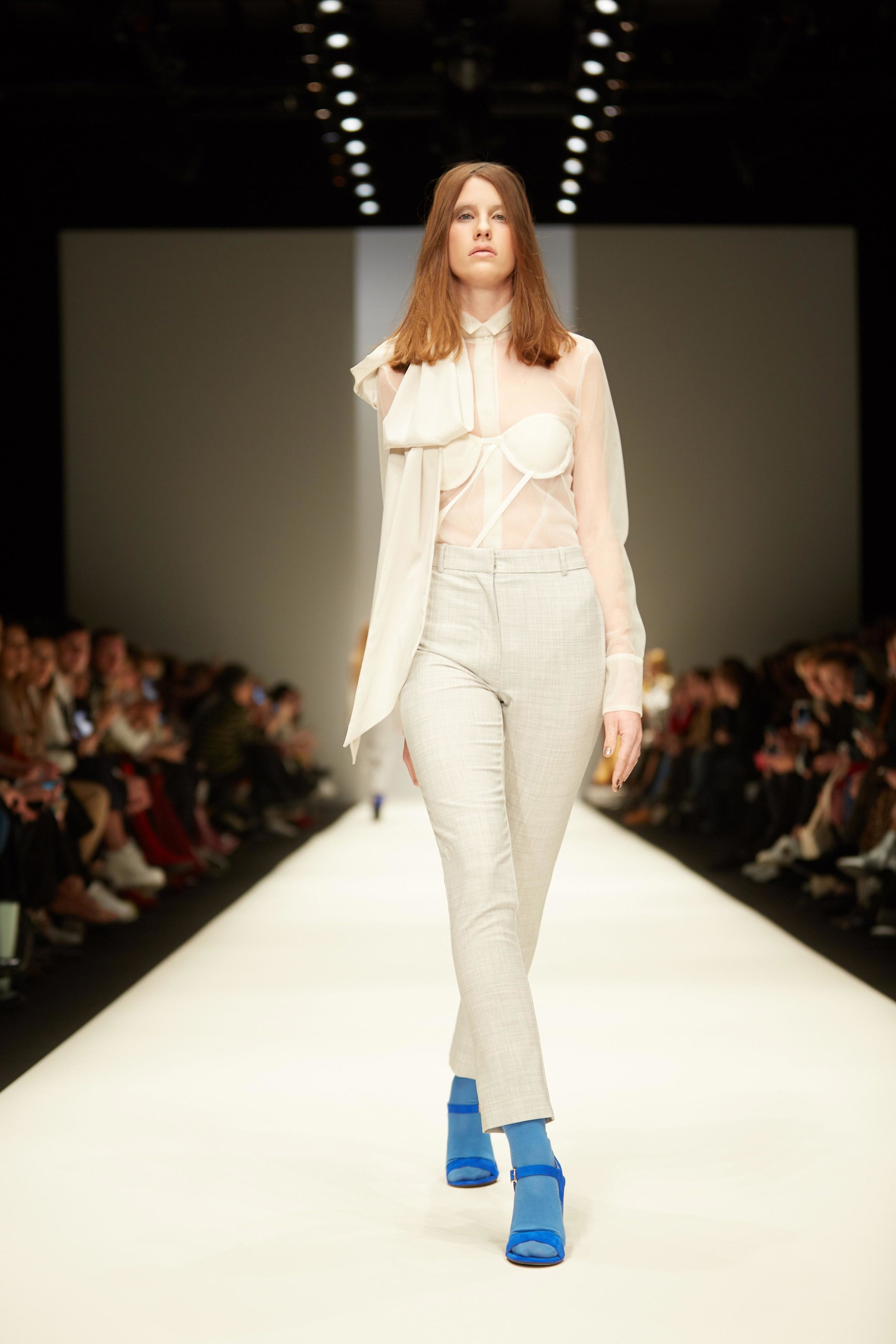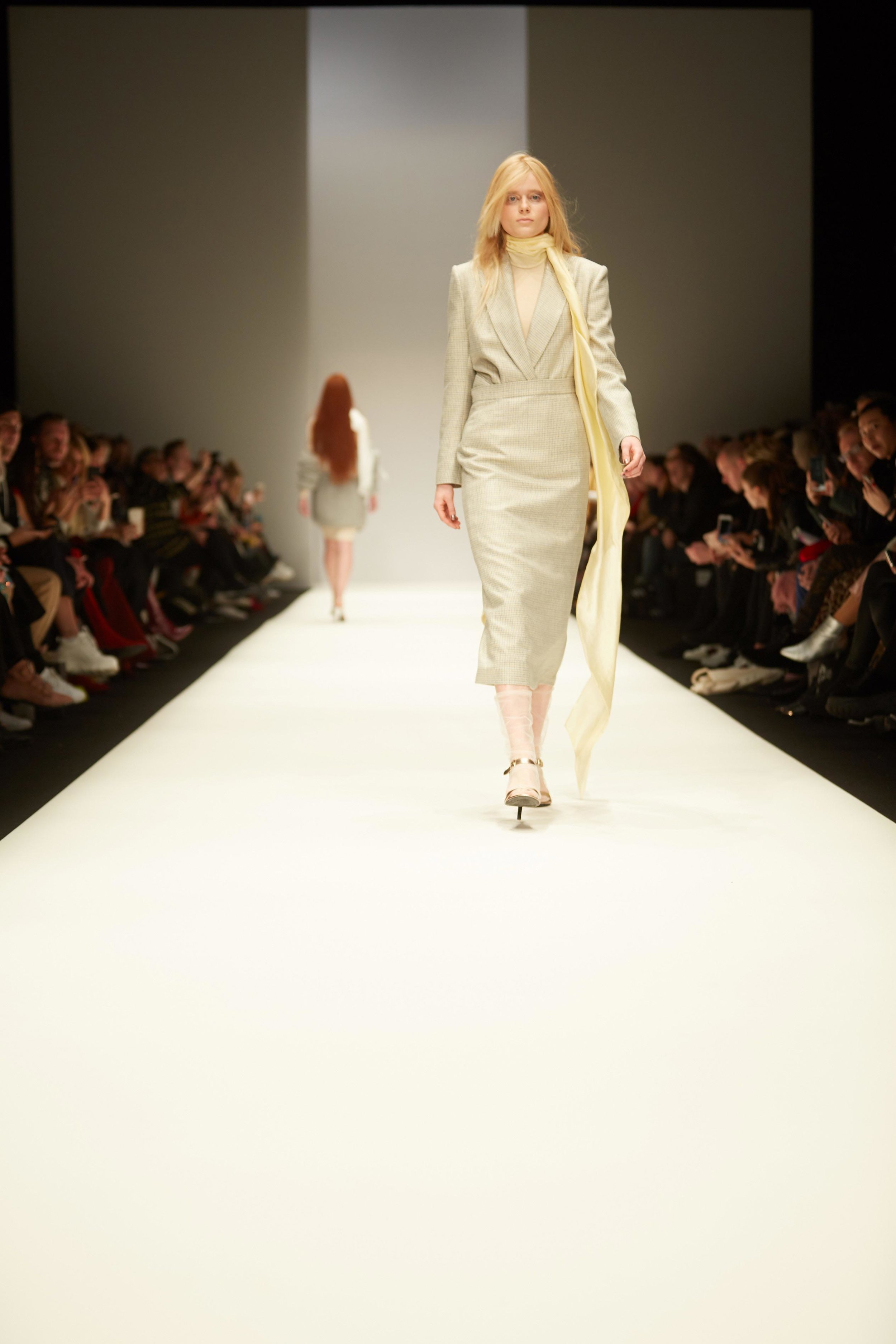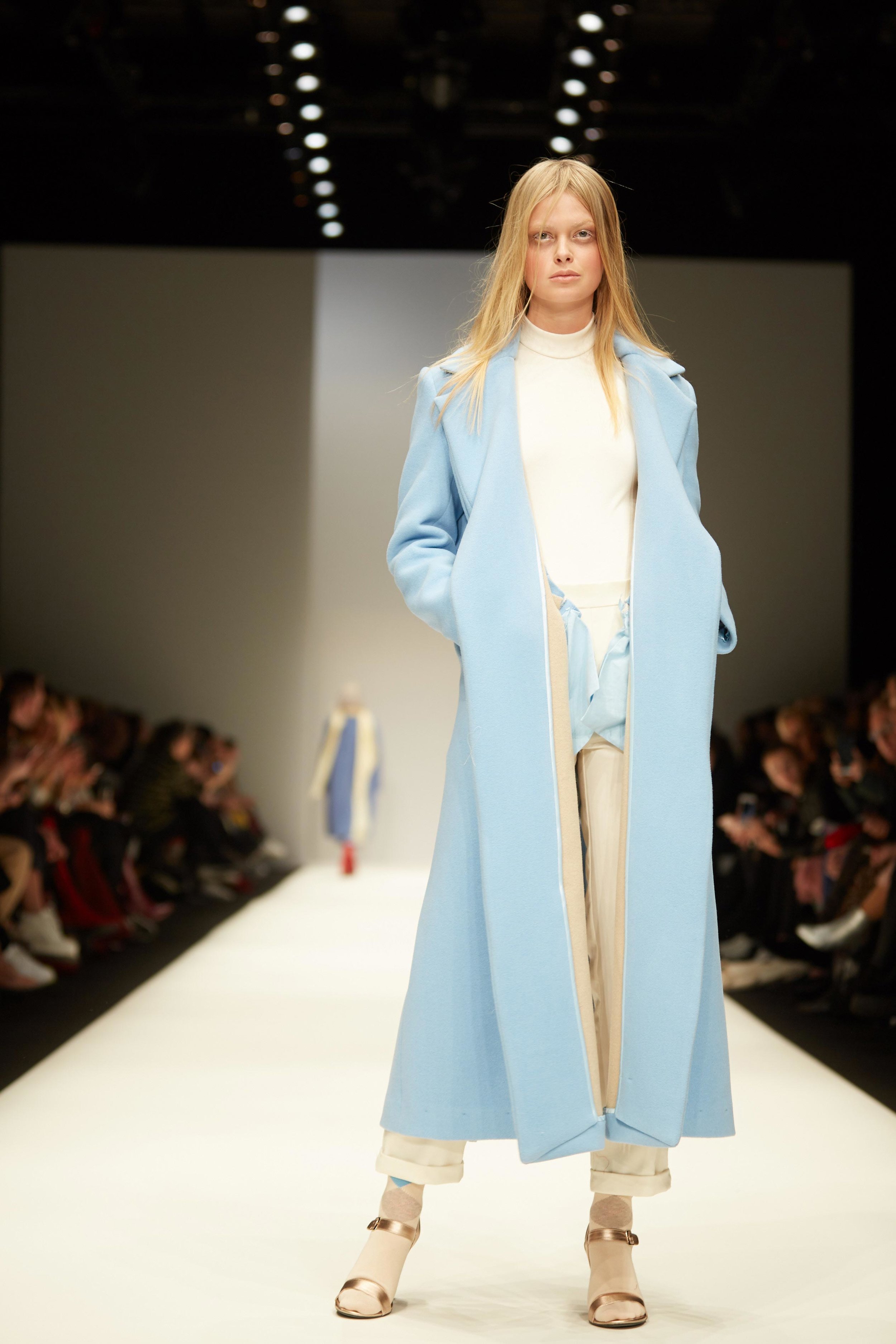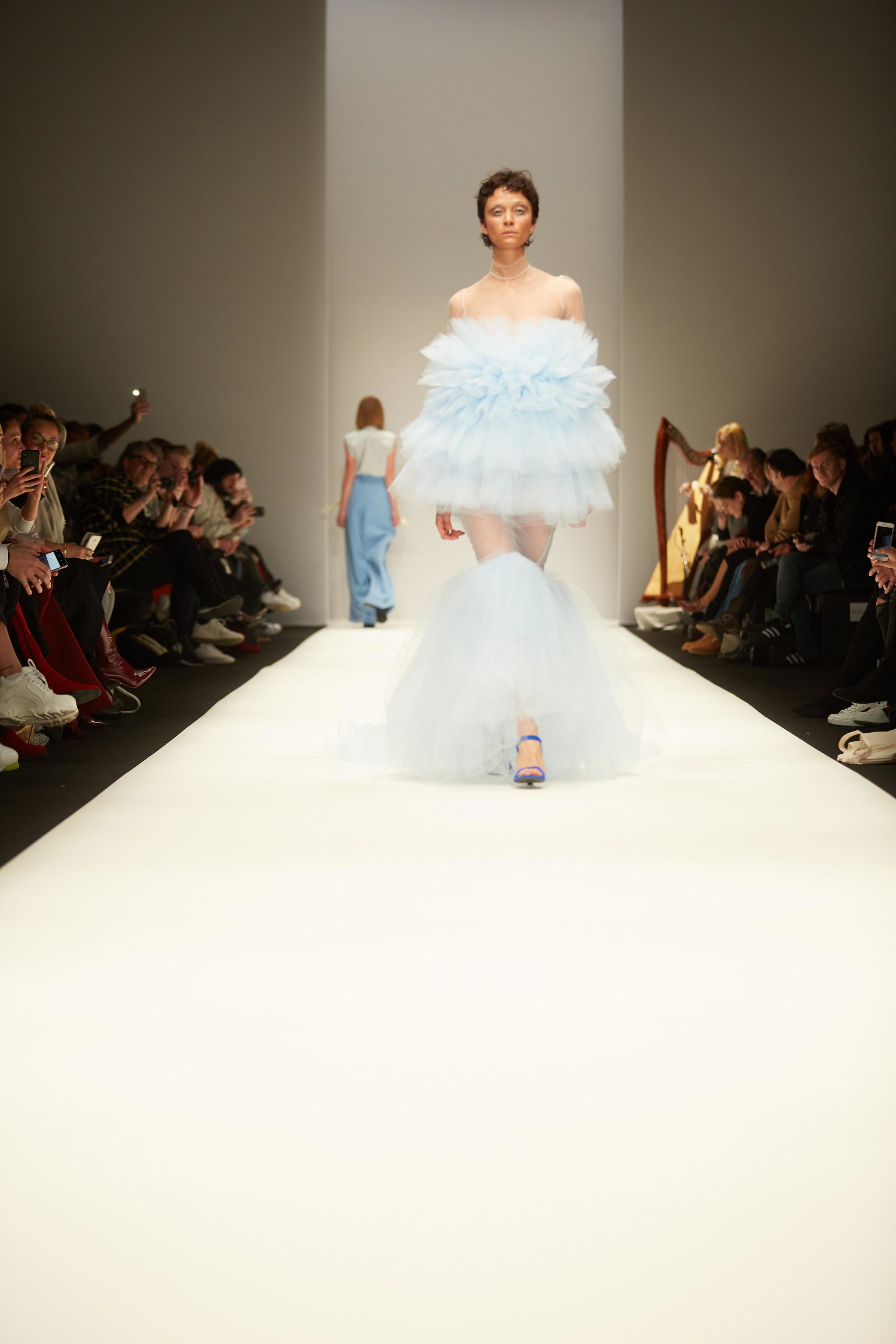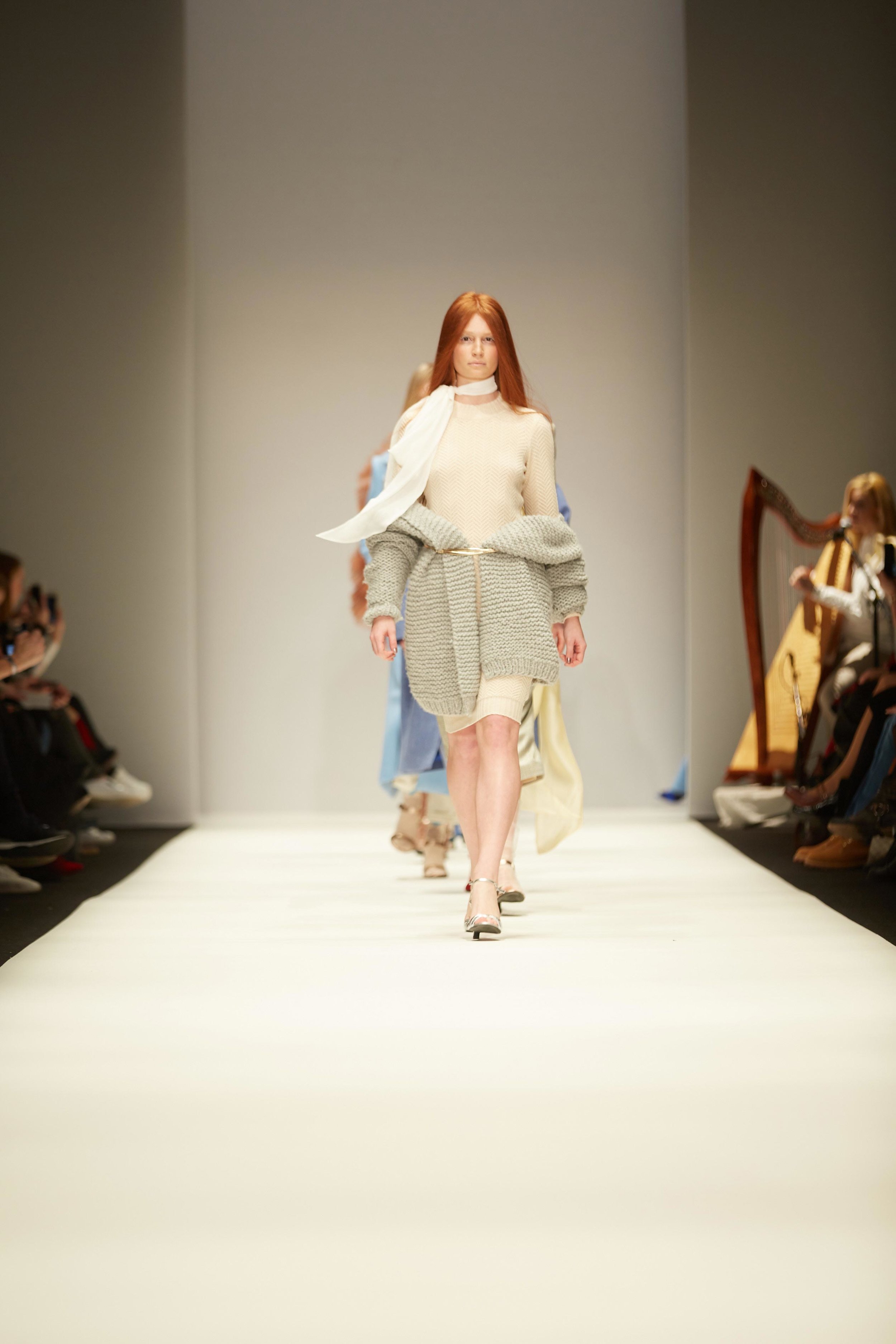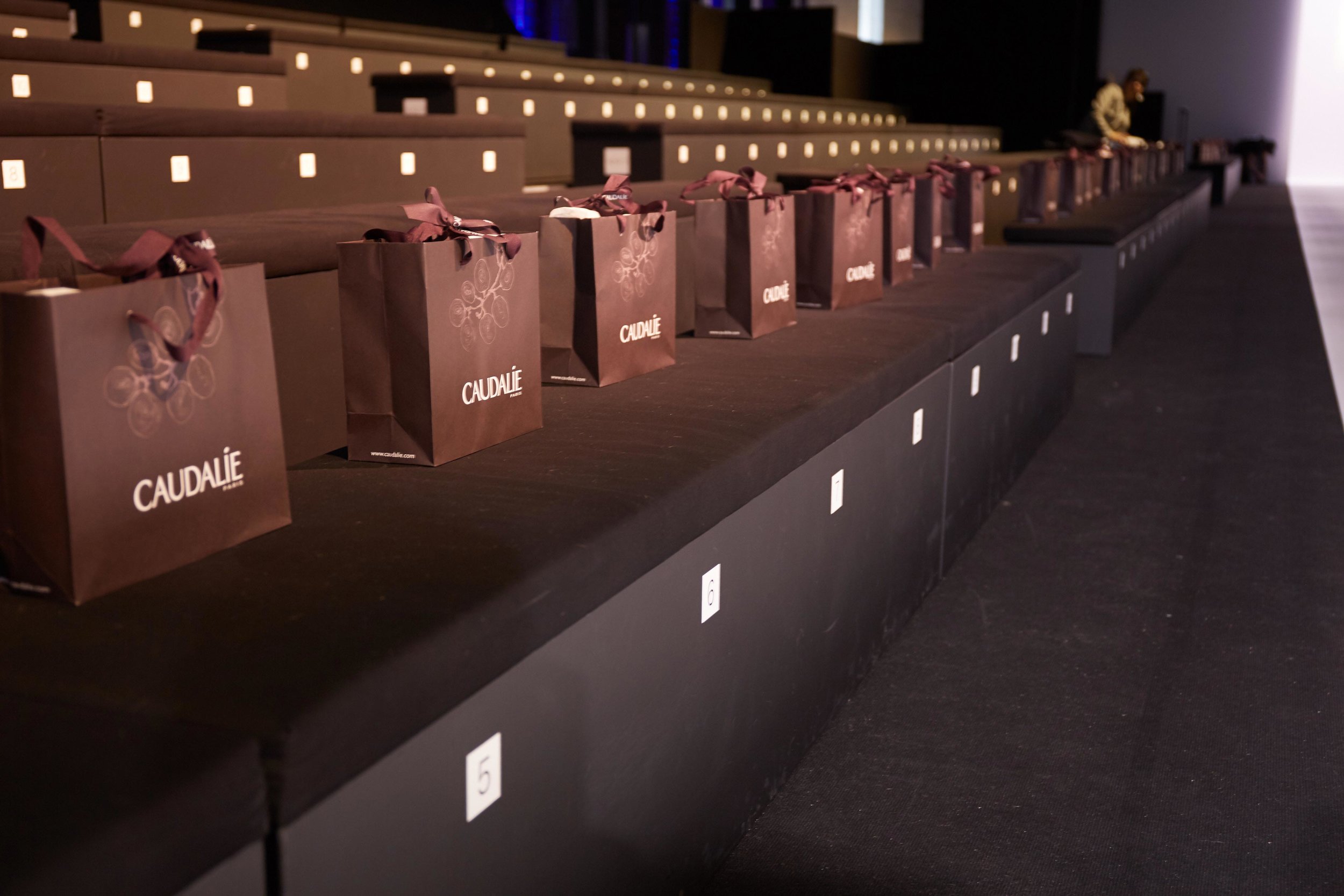In a press release dated December 11, 2019, Federal Agriculture Minister Julia Klöckner speaks of "many improvements in the livestock sector". In the Animal Welfare Report 2015 - 2018 of the Federal Ministry of Food and Agriculture (BMEL), the individual points were simultaneously made public.
While the author of the report wants to identify an attitude "with which concrete measures the Federal Government is contributing to an improvement in the situation of farm animals, pets and laboratory animals", the German Animal Welfare Association (Deutscher Tierschutzbund e.V.) and we see the current situation as less rosy.
Kick-off
A large part of the press release is devoted to the killing of chicks, the efforts to achieve animal welfare labelling and the problems involved in implementing animal welfare standards in Germany. "If we want to prevent our agricultural production from migrating abroad and being produced there under conditions over which we have little influence, we need European regulations", said the Federal Minister of Agriculture.
Measurable confidence
After more than four decades of our own experience in the food sector as a specialist wholesaler for food packaging, we no longer trust certificates, seals or documents. In our Code of Conduct of 25 October 2017, we have clearly stated our position.
We therefore much prefer to trust the so-called Animal Welfare Label of the German Animal Welfare Association (Deutscher Tierschutzbund e.V.), which, according to our own research, is the only one that does not list any interpretable criteria for the applicants' evidence and is therefore measurable and serious in this respect. "All the others speak constantly in the subjunctive: would, had, could, if possible, if feasible ... then it can be left as it is", comments Ingo H. Klett, Head of Corporate Communications at WEBER Packaging GmbH.
Contents
Die wichtigsten Punkte des Tierschutzberichts für den Zeitraum 2015 - 2018 sind …
the termination of non-curative interventions in animals
the prevention of slaughter of highly pregnant animals (note: why pregnant animals at all?!?) the introduction of a voluntary (note: Ooops ... Fehlerteufel, dear BMEL. Back to the beginning again!) state animal welfare label the promotion of animal welfare at national and EU level to prevent distortions of competition
the determination of the sex of chicks already in the egg
the work of the State Secretary Committee for Animal Welfare specifically on laying hens and piglets
the keeping of sows in crates, which has to be reduced in time (note: why at all in this confinement ...?)
the implementation of coalition agreements on animal welfare
We invite you to use the commentary function on our official Facebook company page or right here afterwards to discuss the topics that interest you, to exchange ideas, to reflect, to philosophize and, ideally, to work constructively on solution-oriented answers that simplify your everyday business life and provide even more clarity for your customers and end users.
#unbreakingnews
Just as the constructively working editorial offices we support with a subscription each for solution-oriented, purely member-funded, ad-free and therefore truly independent journalism - Correctiv, Krautreporter, Perspective Daily and The Correspondent - set an example for us, we as the Corporate Communications department of WEBER Packaging GmbH also assume that, even with the greatest effort, there can be no purely objective reporting due to the very individual personal development and origins of the authors and editors.
Open. Honest. Honest.
In the spirit of a living culture of transparency, we are therefore happy to disclose to you at any time what connections we have or to whom our authors may feel obligated: as a trading company, for example, we enjoy the great privilege of not being obligated to anyone in the end and thus always being able to achieve the optimum for our clientele.
Ingo H. Klett – the author of this post – is a freelance public relations and visual artist, but does not represent the interests of any lobby groups.


































